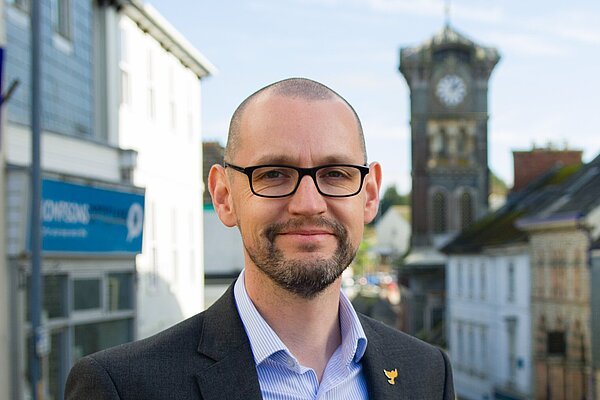FAMILY doctors across Cornwall and England have begun industrial action to draw attention to the amount of unpaid work they are doing for the NHS.
The new Labour government has just announced a 22 per cent pay rise for junior hospital doctors, but while GPs are responsible for over 90 per cent of interactions between patients and the NHS, the share of the NHS budget they receive has fallen to an all-time low of just seven per cent.
Unlike hospital staff, GPs are effectively independent small businesses. When there aren’t enough staff to see every patient, the GP has to keep going, sometimes seeing 40 to 50 patients in a single day. That’s not fair on the doctor; it’s not safe for the patient; and it’s also not good value for the NHS: When patients can’t get the help they need from their GP, they often turn up at the hospital Emergency Department instead. This ends up costing the NHS far more than a GP appointment, and causes longer waiting times for those patients who actually need hospital treatment.
The overall NHS budget is bigger than ever, and yet it still isn’t keeping pace with demand. In January 2023, Conservative Prime Minister Rishi Sunak promised to cut NHS waiting lists. A year later, they had actually risen by half a million. As our population gets older, it just isn’t possible to “get ahead of the curve” without reducing demand (i.e. helping people to stay healthy and avoid needing expensive hospital treatment in the first place). I have consistently used my position as a Liberal Democrat Cornwall councillor to call for greater investment in prevention and early intervention. This call is more important than ever now that chancellor Rachel Reeves says she will “pause and review the previous government’s hospital building programme”.
Public health currently receives just one per cent of the overall NHS budget and General Practice just seven per cent. The Lib Dems are calling for both to receive an extra £1-billion per year, which would benefit the whole system: People will stay fitter and healthier; GPs will have the resources they need to treat every illness promptly and appropriately; and fewer people will need specialist treatment. This will allow hospital doctors and nurses to clear the backlog and return to delivering the standard of care which made them want to join the NHS in the first place.
But will Labour MPs encourage ministers to make the right long-term choices, or will they give in to the temptation to focus on the crisis at the front door of the hospital? Time will tell…
Colin Martin
Cornwall councillor for Lostwithiel and Lanreath and Liberal Democrat group leader


.jpeg?width=209&height=140&crop=209:145,smart&quality=75)

.jpg?width=209&height=140&crop=209:145,smart&quality=75)
Comments
This article has no comments yet. Be the first to leave a comment.